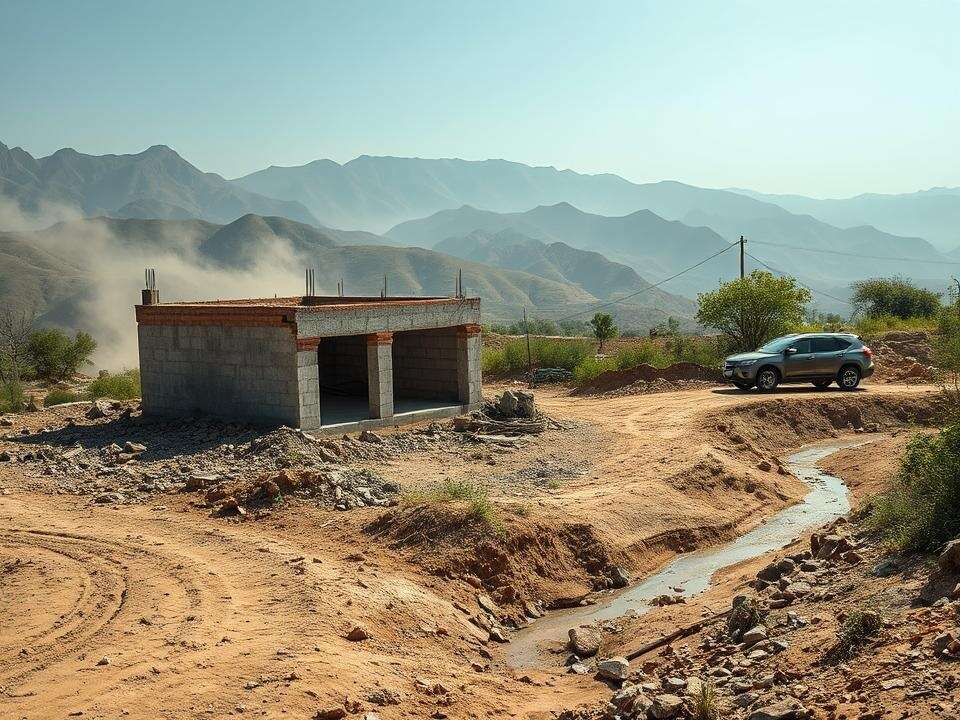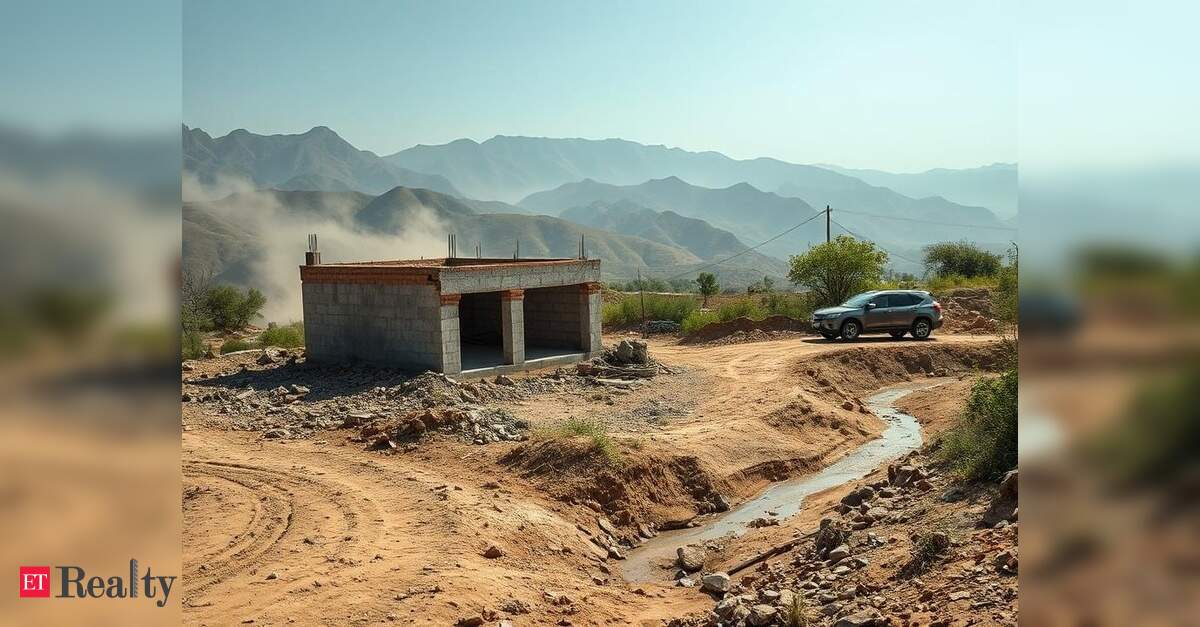
GURUGRAM: After a decade of a complaint regarding extensive land manipulation, the Anti-Corruption Bureau (ACB) initiated an FIR on Friday against Ansal Housing, its partner firms, a former patwari, and officials from the revenue department for constructing illegal farmhouses in the Sohna Aravalis.
These officials have been charged with altering the classification of land from ‘gair mumkin pahad’ (protected uncultivable hills per the Punjab Land Preservation Act) to ‘farmhouse’, ‘roads’, and ‘houses’ in revenue records dating back to 1995. This alteration allowed the development of farmhouses on protected Aravali land, breaching the Aravali Notification of 1992.
The investigation, which began in September 2015, was sparked by a complaint from social activist Ramcharan Shukla, who alleged that various firms illegally converted non-convertible land for construction of farmhouses and roads with the collusion of officials.
The Aravali Notification of 1992 forbids construction and tree felling without authorization in safeguarded areas. Non-forest activities are prohibited on land labeled as ‘gair mumkin pahad’.
The suspected falsification of revenue documents from 1995 enabled the establishment of Ansal Aravali Retreat, a farmhouse community by Ansal Properties and Infrastructure, with plots ranging between 1-2.85 acres. This project commenced in 1988-89 and was promoted between 1990-92, located in Raisina village, Sohna Tehsil, Gurgaon, where several influential individuals have farmhouses.
Shukla claimed in his complaint that dense forests were being cleared through collusion with officials like the patwari and girdawar, as well as the tehsildar to enable the sale of previously non-convertible land as expensive real estate worth crores.
During its investigation, the ACB discovered that subsidiaries of Ansal Housing, including Delhi Towers and Estate, Elite Developers, Ansal Theaters and Clubotels, and Ansal Properties and Infrastructure, acquired approximately 1,200 acres of land for the Aravali Retreat project, converting it into farmhouses. Initially classified as ‘gair mumkin pahad’ in 1985-86 records, the status of these parcels was allegedly altered during the preparation of the 1990-91 revenue records by then patwari Rai Singh in 1994-95, coinciding with the land’s purchase for the project.
In 2020, following orders from the National Green Tribunal, the land status was reverted to its original classification of ‘gair mumkin pahad’ in the revenue records.
Patwari Rai Singh informed the ACB that he documented the land based on observations made during a survey. He claimed that previous entries recorded farmhouses, roads, etc., and that the land classification was modified accordingly. However, he could not cite any regulations supporting his actions. An ACB official reported, “Rai Singh, in coordination with the Ansal Group and its subsidiaries, misused his authority to record farmhouses, non-cultivable roads, and structures instead of recording the land as non-cultivable hills in the 1990-91 records.”
The FIR was registered by the ACB in Gurgaon under sections 167 and 218 (public servant framing a document), 420 (cheating), and 120B (criminal conspiracy) of the IPC. It lists Ansal Housing and Construction Ltd, along with other associated companies, Rai Singh, revenue department officials, and other employees related to the Ansal group.
“The investigation revealed a conspiracy involving fraud and collusion with government employees, with Rai Singh exploiting his position to alter the land classification,” stated an official.
Addressing the ten-year delay in filing the FIR, a senior ACB officer explained that initial investigation findings must be submitted to the director-general of vigilance for clearance before filing an FIR. “Typically, this process can take 2-3 years, and for more complex cases like this, it may take longer. The complaint was made almost two decades after the violations occurred, and many officials involved had retired. Retrieving old records and verifying claims contributed to the delay,” the officer added, citing internal transfers within the ACB as another factor.
The ongoing crackdown on “illegal construction” in the region was initiated after the NGT took note of a January 7, 2013, report from the Times of India titled, ‘How private players seized forest land in the Aravalis.’ This subsequently became the Sonya Ghosh vs. State of Haryana case. “Construction on forest land or areas under the Aravali Notification is illegal, and such lands must be restored. In light of the preceding information, any construction carried out after May 7, 1992, without the appropriate permissions is considered illegal, and restoration of the forest land is required,” the tribunal stated.




